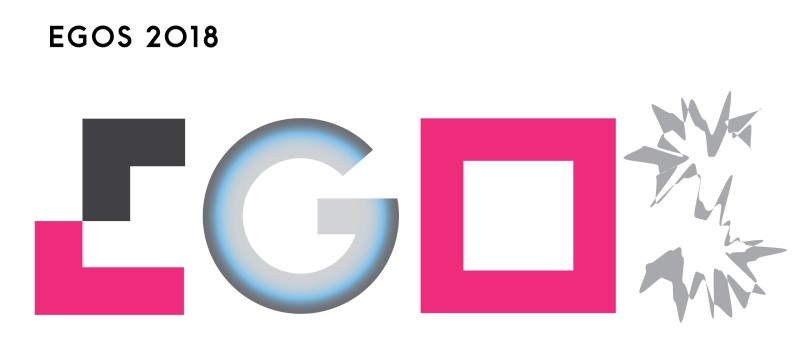Program
PDW 02:Paradox Theory as a Way to Understand Complex Problems
Wednesday, July 4, 2018, 09:00–13:00
– Main room: 315
– Break-out rooms: 400A, 400B
Convenors
Tobias Hahn, ESADE Business School, Barcelona, Spain
Jonathan Schad, University of London, United Kingdom
Garima Sharma, University of New Mexico, USA


